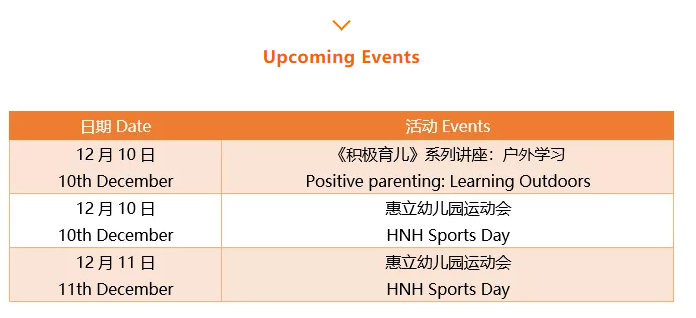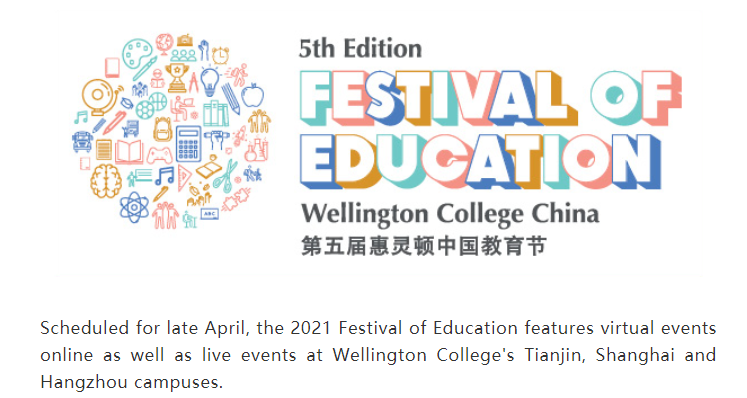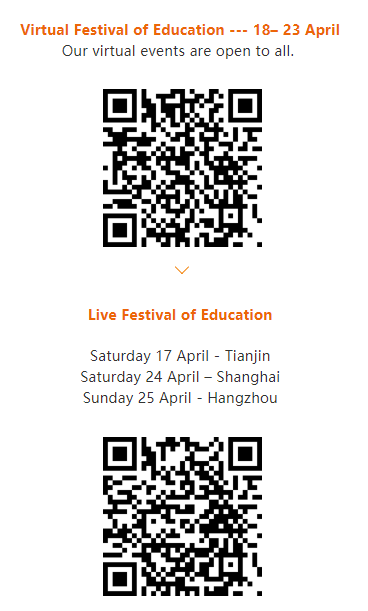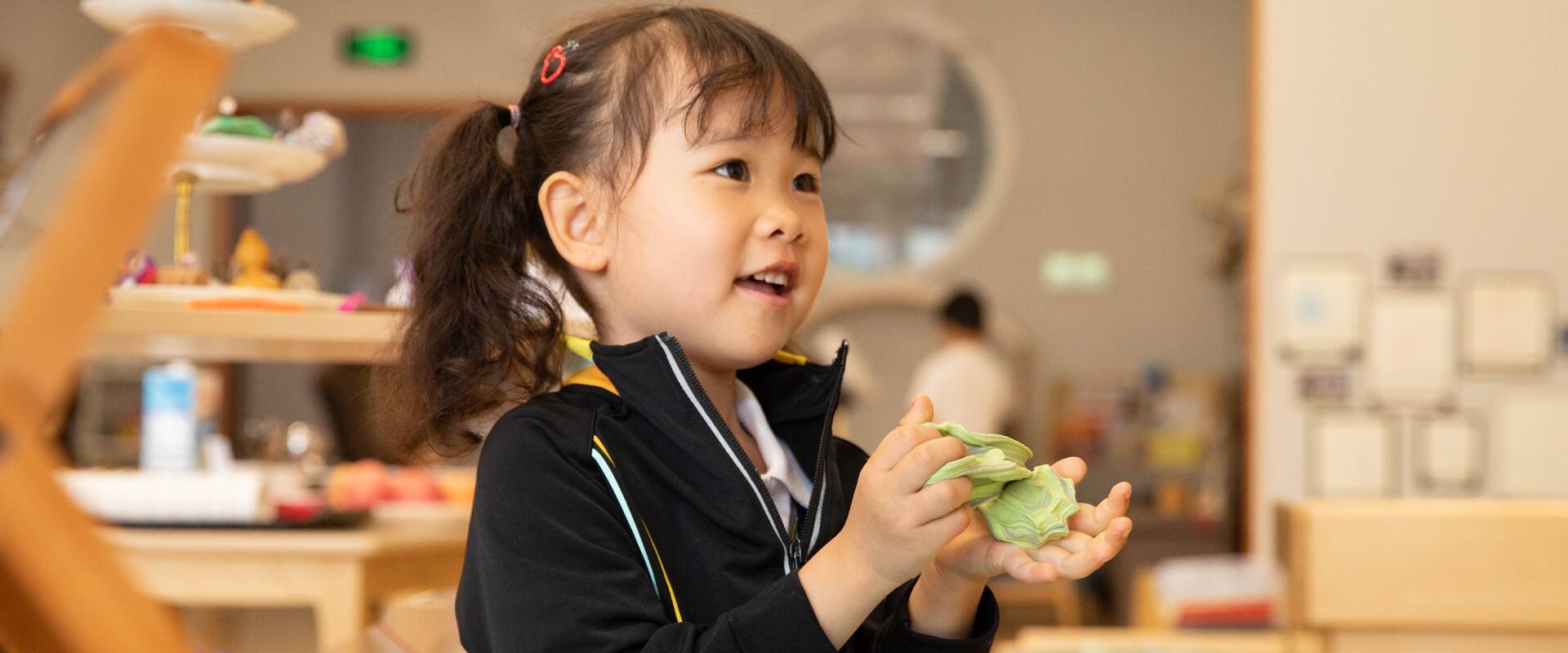
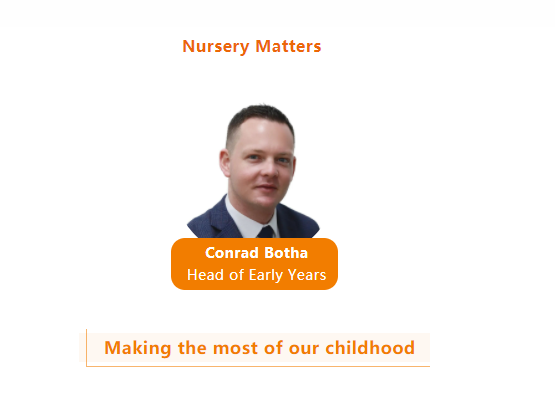
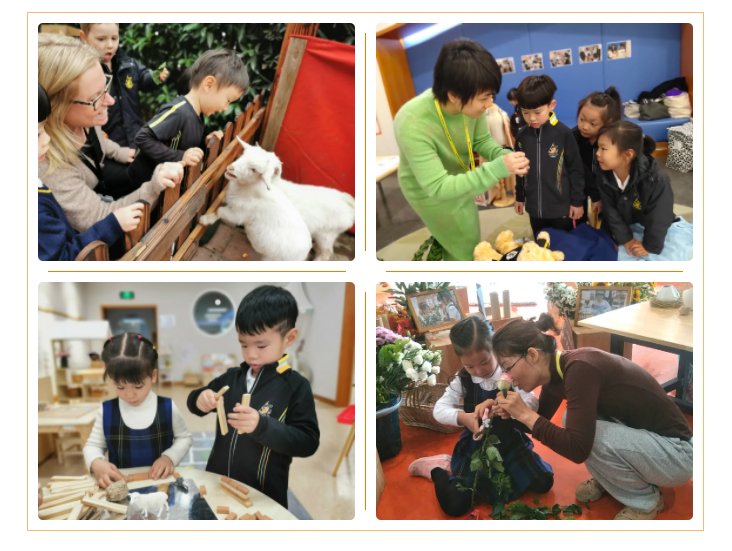
We believe that children thrive in an environment where opportunities to ‘be in the real world doing real things’ is an everyday experience. Children need to be actively involved in a wealth of memorable meaningful experiences throughout their childhood to really get involved in making connections and build relationships with the world around them as they begin discovering the elements and possibilities that will inspire a love for lifelong learning. Community involvement at Hiba Academy Hangzhou is celebrated and takes on many forms. It begins with an awareness of what skills, resources and expert opportunities are available, and is progressed as we begin discovering the interests and inspirations of our children. The nature of the relationship between Nursery and the wider community involvement lies at the heart of the provision of opportunities we bring to our children. By working closely with the many experts available to us we can broaden the range of experiences in terms of learning and development and expand the curriculum beyond the walls of the nursery. At our nursery, learning happens best in a concrete context, when children can immerse themselves and there is a real "need to know".
Children cooking with adults and setting up a Hot Pot restaurant to entertain our families, working in the garden as we prepare vegetables for the winter, creating a flower arrangement for a special occasion, sewing a new dress for a doll or working in carpentry designing a shelter for a goat - these are some of the many first hand practical opportunities happening every day. Rishi Sriram says it best “young children need to enjoy the process of learning instead of focusing on performance”. In his article on brain-based learning - “Why ages 2-7 matter so much for brain development” he explains that “well-roundedness is especially important for children from ages 2 to 7. Their developing brains are ready to soak in a wide range of skill sets. This is the window to develop a child’s range”. I have attached the link to the full article below: https://www.edutopia.org/article/why-ages-2-7-matter-so-much-brain-development?fbclid=IwAR1lGmlz-tuMwFRma8pfZ80GHa1vjw4UhwwNjw9_IeEij7cqSLHQ0iBRoTg
Learning happens best when caring adults work with each child, have loving relationships, and explore the world together in ways that are real, interesting and fun!
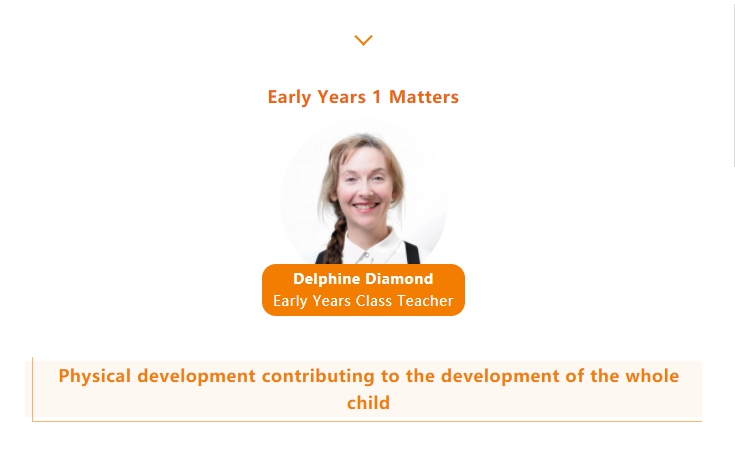
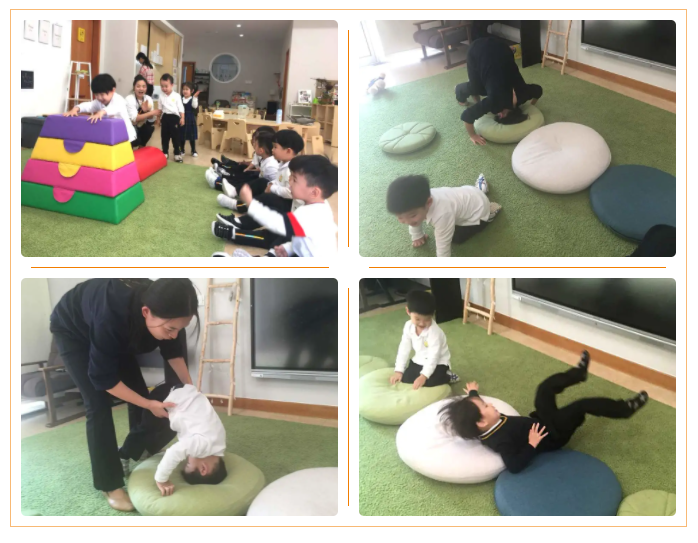
At Hiba Nursey, children are fortunate to have a grand and spacious environment. Our outdoor learning space is complemented by an array of resources to stretch Hiba Nursery children’s imaginations as well as their bodies. Educators here understand physical movement is the foundation for a growing child. Developing the physical capabilities – gross motor skills, in children prepare them to develop refined physical skills - fine motor movements, needed for writing, holding, pinching, squeezing, painting and many more hand manipulating skills. How much do we think about how important physical movement is for children to develop into a whole child? How much do we attribute being able to do a forward roll into: mental calculation, decision-making, or confidence building? In EY1 we are passionate about increasing the children's opportunities to gain independence, confidence, mathematical understanding, spatial awareness and understanding the world around them. Children at Hiba Nursery grow as a whole child as they engage in understanding and gaining more knowledge and control about how awesome their bodies and minds work together and serve them now and every step they take.
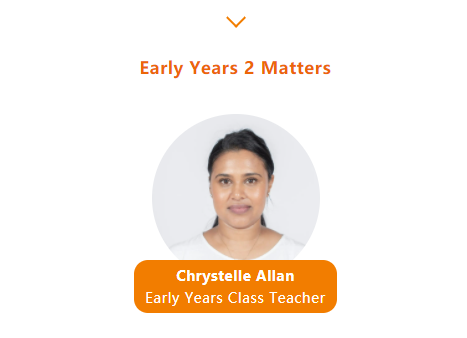
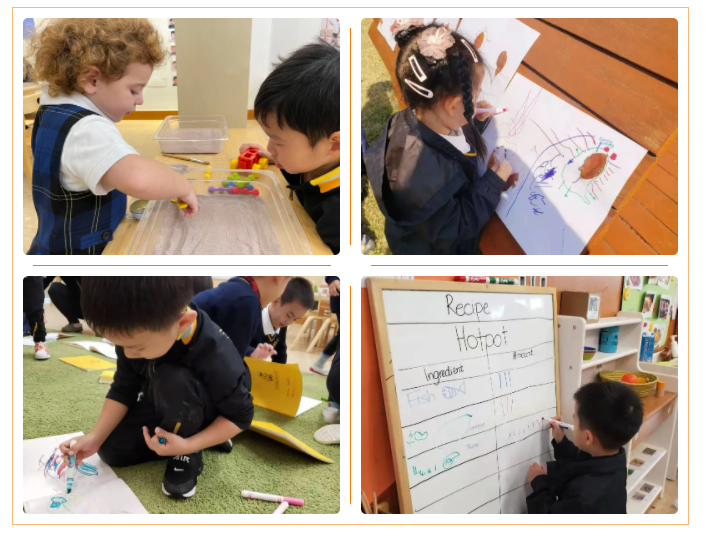
Mark-making can be a whole-body experience, incorporating sensorial and big body movements, where children have the freedom to create patterns, lines and shapes. Opportunities for mark-making are available throughout the learning environment and can be observed on sand trays using sticks and fingers as writing mediums, patterns on concrete using wet brushes and chalk, not forgetting beloved painting experiences. Through mark-making children can share their ideas and represent their understanding. At Hiba Nursery, children develop a love for mark-making which supports their early writing, creative expression and mathematical representations. In EY2E, we place value on these representations using special yellow books for children to record their mark-making. As we continue to show the Hiba value of Respect, the class listen carefully as a child tells a story of what they have drawn.
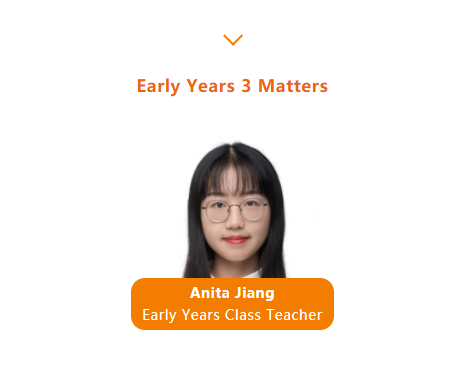
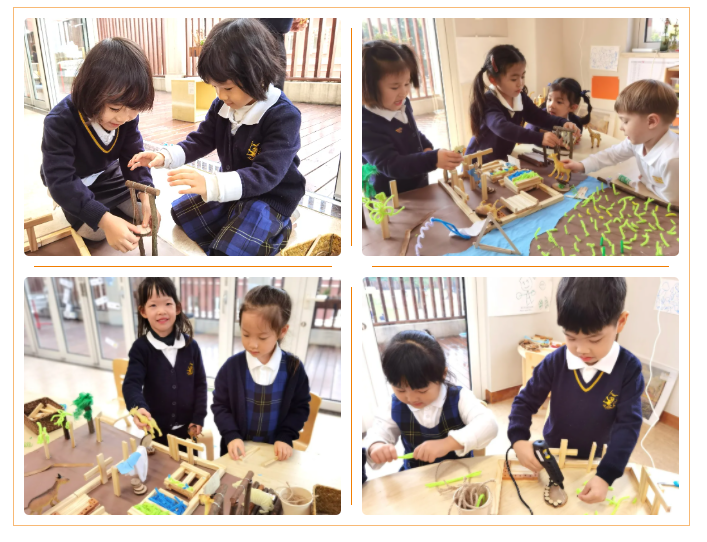
With the arrival of two lovely goats, the EY3Unit project research on animal habitats has also entered into a deeper stage. Children picked up the paintbrushes and designed a house for the goats. They also independently selected different materials to make goat habitat models by combining their previous experience of making animal habitats with glue guns. Every child shared their own unique ideas, and they had many wonderful new ideas in the process of interacting with their peers. In this way, a warm and childlike goat habitat model was born. The children were eager to find the toy goats and started the role-play games.
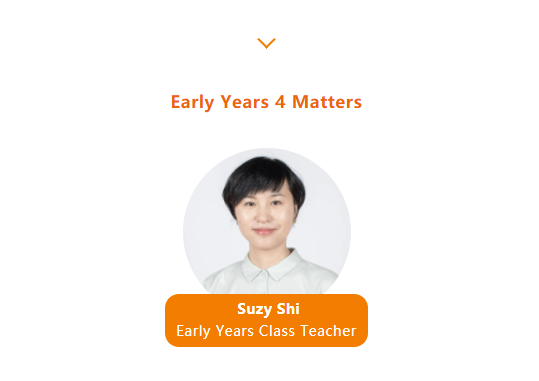
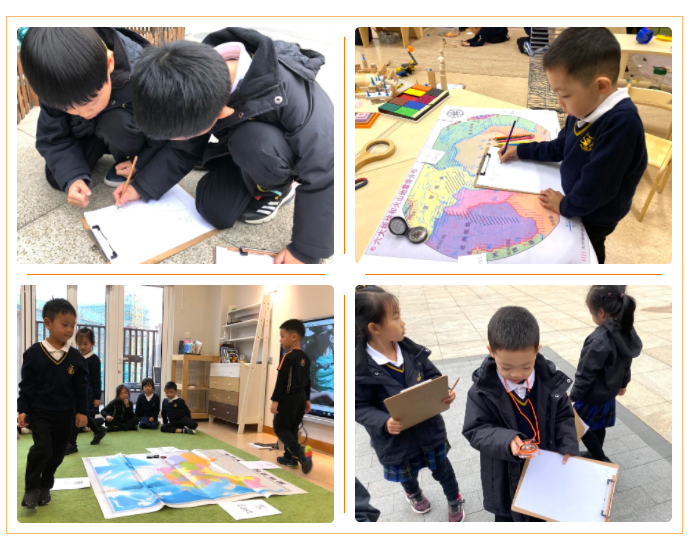
Recently, some children in EY4D are designing adventure maps of different terrains. Each route is also set up with checkpoints which need a code or magical password to go through. Some children are exploring directions with compasses in the playground and outside the campus. EY4D class have finished exploring the inside of the earth and the six plates on the surface of the earth. At present, we have just returned to the area where we live, identifying the various directions of the surrounding areas. At Hiba Academy Hangzhou, children's learning destination can always be extended or transferred. Driven by curiosity, children’s learning will be led to the next step or another direction. Currently, EY4D children are learning about landform, password and location. The teaching team captured the expansion opportunities in the fields of geography and mathematics, and quickly found a conversion station-"campus orientation competition". Through this campus exploration, children have a good command of the usage of the compass, learn the skills of identifying directions, understand the features of landform and climate in different regions and learn more about the world they live in. At Hiba Academy Hangzhou, we do not set an end to children's learning. For example, the EY4D project research on volcanoes, children will not directly acquire knowledge of various volcanoes, but learn how to use various resources to investigate everything about a volcano. Once complete, children will form a belief that they are able to find any place they want to visit and become a unique individual.
